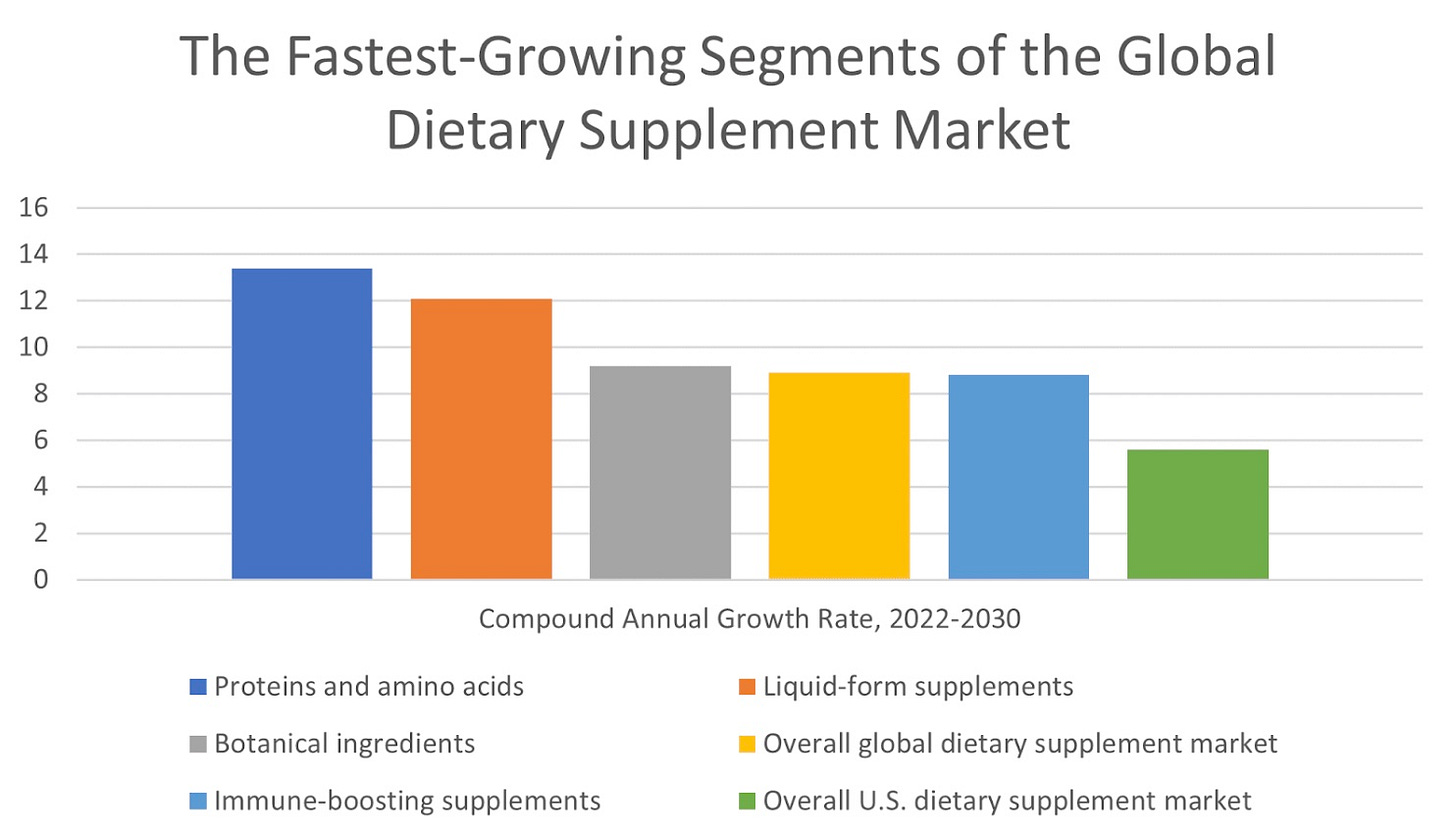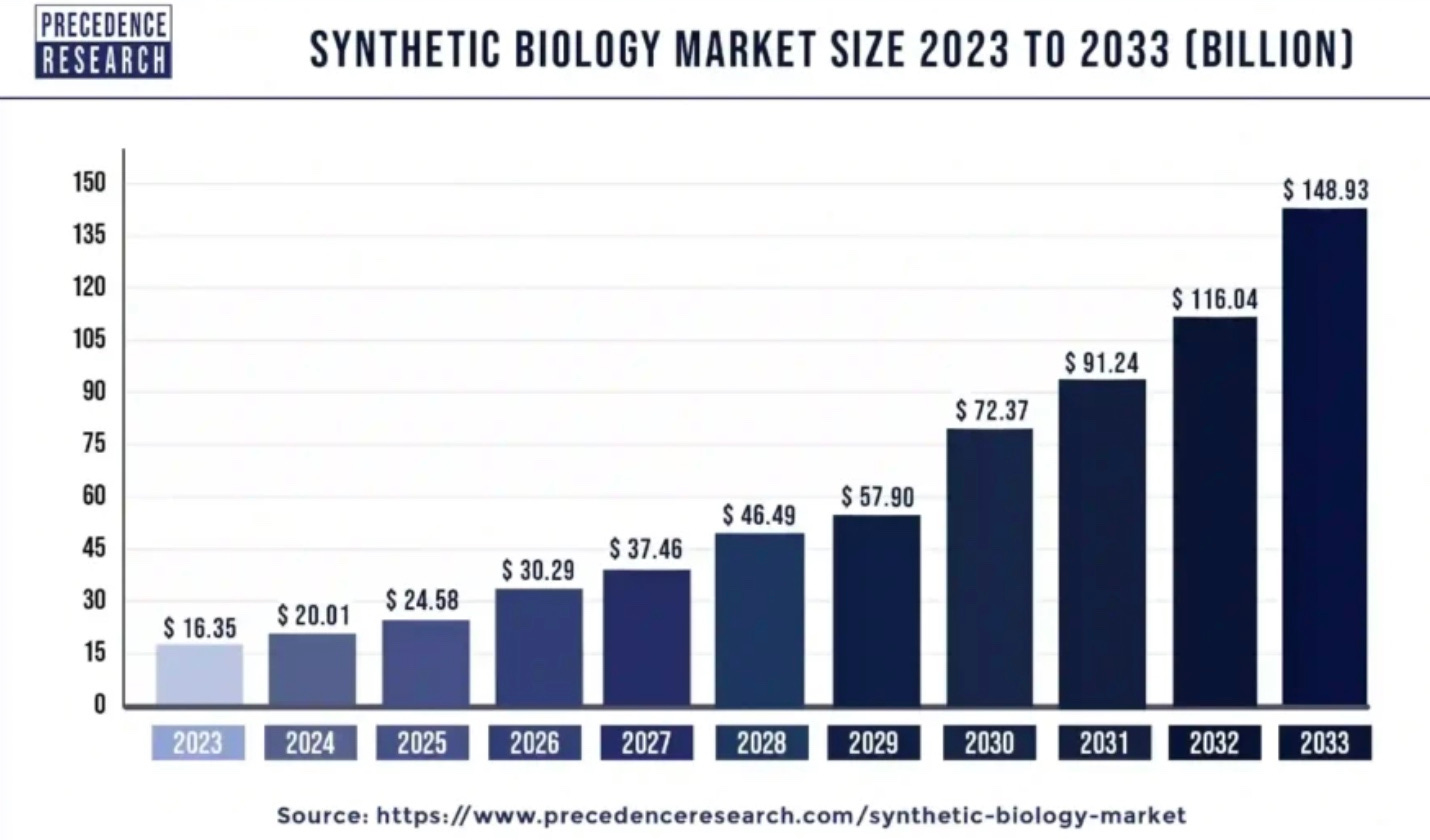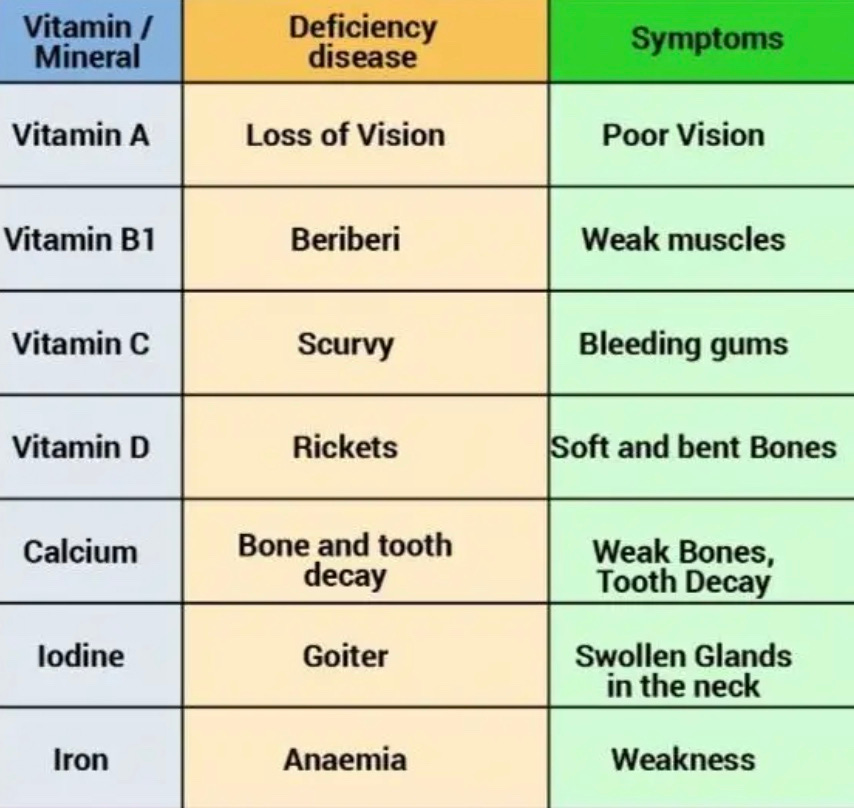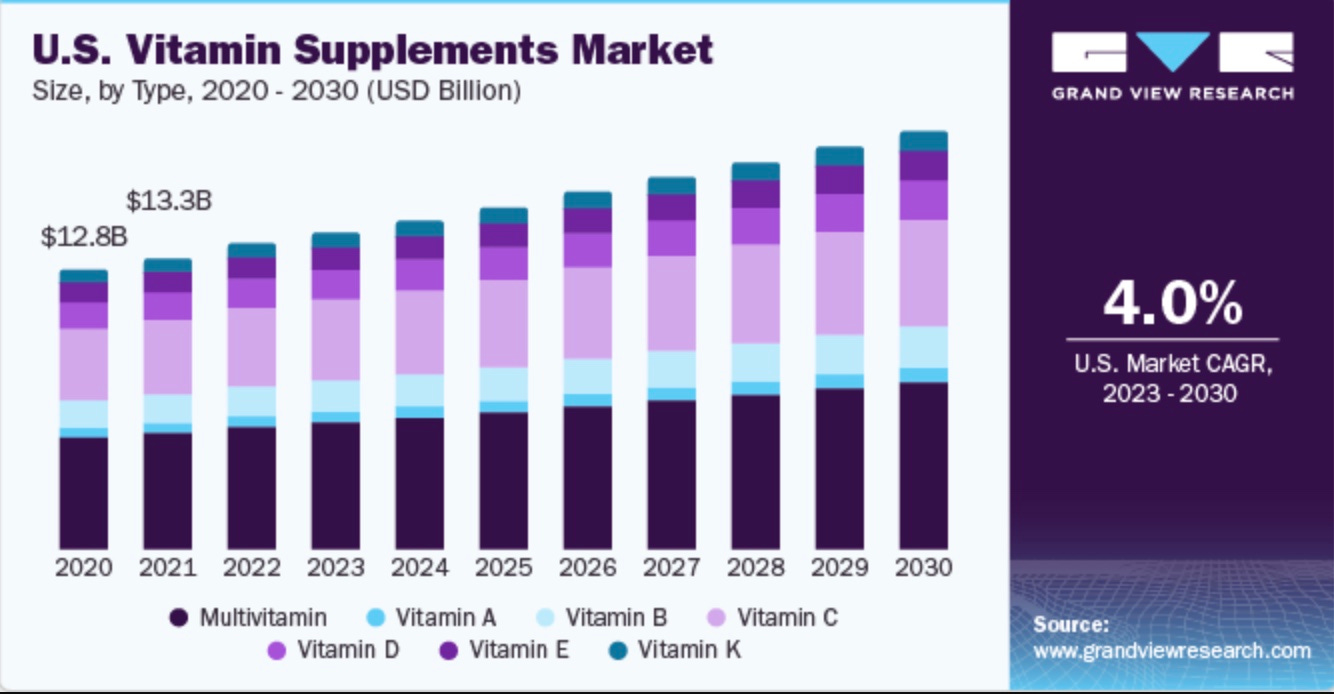Synthetic vs. Natural:
The Truth About Pills vs. Real Food
Mr. Skeptical puts up his hands, saying, “I know you lean more towards the natural stuff. So you’re going to argue we should get our vitamins via food, right?”
I sigh. “Yes, I admit I’m biased towards doing what’s more natural, and that’s not a crime.”
Mr. Skeptical rolls his eyes.
Subconscious Fat at 30,000 feet
When most people think of vitamins, they imagine little pills as insurance policies — neat, shiny capsules that guarantee health.
But here’s the uncomfortable truth: many of those vitamins are synthetic, made in factories, and often regulated more like candy than medicine.
The FDA treats supplements very differently from drugs: no pre-market approval, no rigorous testing. You can put something in a bottle, slap a label on it, and — unless it kills someone — it sails onto store shelves.
Mr. Skeptical leans in, “Hold on. Are you saying my $40 bottle of ‘superior bioactive B-complex’ is basically unregulated pixie dust?”
“Pretty close. Manufacturers are responsible for ensuring that supplements are safe and properly labeled, but oversight is minimal. That means “synthetic vitamin” could mean anything from a pure, lab-grown compound that’s chemically identical to its natural form… to a cheaper, less bioavailable version that your body doesn’t absorb as well.
“The bigger question isn’t just about regulation — it’s about whether humans need to swallow pills at all when our ancestors got vitamins directly from food.”
He crosses his arms. “I just knew you were going there.”
Subconscious Fat at 10,000 feet
Let’s zoom in on the science. Some vitamins are virtually indistinguishable whether made in a lab or pulled from an orange. Vitamin C (ascorbic acid), for instance, is the same molecule whether you eat it from a bell pepper or swallow it from a bottle. The body doesn’t “see” the difference.
But not all vitamins behave this way. Natural food sources often come packaged with cofactors — flavonoids, enzymes, trace minerals — that help with absorption and utilization. Synthetic versions can miss this entourage effect.
Vitamin E
Synthetic form (dl-alpha-tocopherol): Most cheap supplements use this version. Research shows it’s less bioavailable, meaning your body doesn’t absorb and use it as effectively. Some studies even suggest that high-dose synthetic Vitamin E supplementation may increase the risk of hemorrhagic stroke (Miller et al., Annals of Internal Medicine, 2005).
Natural form (d-alpha-tocopherol + full spectrum of tocopherols/tocotrienols): Found in foods like nuts, seeds, and animal fats. These natural forms are better utilized by the body and don’t show the same risk profile when consumed through diet.
Mr. Skeptical puts on a shocked face, “So you’re telling me I thought I was protecting my heart with those bargain-bin Vitamin E pills, but I might have been paying for a stroke coupon instead? Yikes. Sounds like the ‘natural’ stuff isn’t just marketing fluff after all.”
I look at him strangely, for it sounded like he may agree with me, but I’m not going to bet on it. I add, “Yes, it can be frustrating knowing which brand of vitamin to take.”
He adds, “But on the other hand, sometimes the pill is the same thing, sometimes it’s a knockoff, and sometimes it’s missing the backup dancers. Why should I care if my body gets 10% less absorption?”
“Because those small differences add up over the years. And in some cases, synthetic supplementation can even backfire — high doses of beta-carotene supplements increased lung cancer risk in smokers (New England Journal of Medicine, 1996). Food didn’t do that.”
Subconscious Fat at Eye-Level
Now let’s get practical. Should you spend extra on “whole food” vitamins? Should you supplement at all?
The truth: If your diet is nutrient-rich, you might not need any. Historically, humans didn’t pop multivitamins. They ate nose-to-tail animal foods, seasonal plants, organ meats, fermented dairy — a broad nutritional spectrum. Cultures adapted their diets to maximize nutrient density. (Think of the Maasai thriving on milk, blood, and meat; or Inuit diets built on fatty fish and organ meats.)
Today, the carnivore diet raises an intriguing point: if you eat well-sourced animal products, many essential vitamins are covered. Liver alone is a nutrient bomb. Meat contains bioavailable B vitamins, iron, zinc, and fat-soluble vitamins. Even Vitamin C is present in small, sufficient amounts in fresh cuts if you’re not pounding down refined carbs.
Mr. Skeptical interrupts, “But wait — what about modern soil depletion? Aren’t our foods today less nutrient-rich than ancestral ones?”
“Good point. Industrial farming does strip minerals from the soil, meaning plants can contain less nutrition. But animal foods — especially if pasture-raised — still provide dense nutrition, and arguably more reliable than a pill with questionable provenance.
“Plus, the psychology matters: when people rely on supplements, they sometimes subconsciously lower the bar on diet quality. “I had fast food, but at least I took my multivitamin.” That’s outsourcing health to a pill instead of owning it with food.”

Practical Suggestions and Conclusions
Food first, always. Aim to get vitamins from whole foods — especially nutrient-dense animal products. Nose-to-tail eating covers far more bases than most realize.
Question the pill. Not all supplements are bad, but ask: Is this a vitamin my body can actually use, or just expensive urine? Look for evidence of bioavailability and forms closer to natural versions (e.g., d-alpha-tocopherol instead of dl-alpha).
Watch the dose. More isn’t always better. Some vitamins accumulate (A, D, E, K), and too much can be toxic. Remember the beta-carotene smoker studies.
Use supplements as backup, not crutches. If you have proven deficiencies, meaning you got tested (say, Vitamin D in winter), targeted supplementation makes sense. But don’t treat a multivitamin as an insurance policy.
Think subconscious. When you believe health comes from a pill, you weaken your relationship with real food. When you believe that health is built on nutrient-dense meals, your body and mind align with that reality.
Mr. Skeptical lets out a long breath, “So the big reveal is: I shouldn’t throw out my vitamins, but I also shouldn’t worship them. Food wins, pills lose — unless I have a true deficiency?”
“Exactly. Supplements are tools, not saviors. Real nourishment is still found at the table, not the bottle.”
Be aware.
Other links related to this post:
Getting Sun
Is Creatine Worth Taking
Balance?
PS Links on LinkedIn, Facebook, Instagram, X, and Notes. Full disclosure: ChatGPT was used to research and enhance this post.





